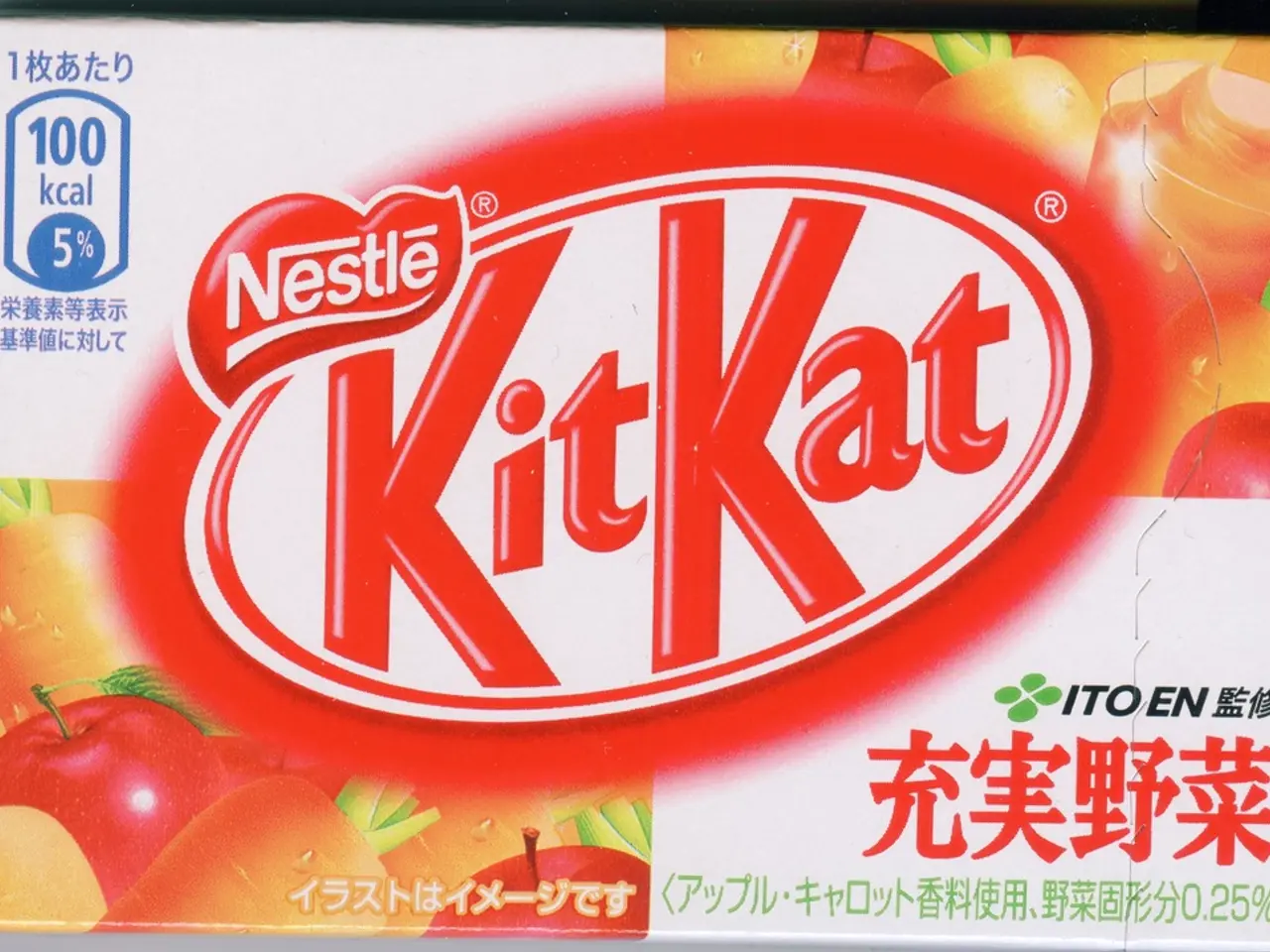"Food consumption serves as a means for nourishment, not a coping mechanism for stress"
For a beginner participating in a triathlon, the recommended nutrition strategy emphasizes carbohydrates as the primary energy source, moderate protein intake, careful timing of meals and snacks, and consistent hydration with electrolytes.
Carbohydrates
A high carbohydrate intake is crucial since glycogen is the main fuel during triathlon activities (swimming, biking, running). Eating easily digestible, low-fiber carbs is advised, especially before the race to avoid digestive discomfort. Before the race, consume about 1 to 4 grams of carbohydrates per kilogram of body weight 2–4 hours beforehand to ensure adequate glycogen stores. In the hour leading up to the race, limit intake to about 1 gram of carbohydrates per kg body weight, and approximately 20–25 grams in the 20 minutes before start. During the race, aim for 30–90 grams of carbohydrates per hour depending on race length and tolerance. Shorter triathlons require 30–45 g/hr, longer races up to 90 g/hr, using a mixture of glucose and fructose sources like sports drinks, gels, or chews.
Protein
Keep protein intake light around race time. A small amount for breakfast or snacks is fine (e.g., a smear of nut butter or a boiled egg), but avoid heavy protein or fat that could slow digestion and cause discomfort. Protein is more important for recovery and training days rather than pre-race fueling.
Timing
Eat your main pre-race meal about 2.5 to 3 hours before the start to allow digestion and reduce stomach upset. Within 90 minutes before race start, consume carbohydrates in manageable amounts (e.g., sports drinks and small energy bars or gels), but avoid overloading the stomach. Fuel consistently during the event early and regularly, rather than waiting to feel hungry or tired.
Hydration
Hydration should be frequent and adjusted to conditions, aiming for about 400–750 ml of fluids per hour during the event. Include electrolytes, particularly sodium (300–700 mg per hour), to replace sweat losses. These can come from sports drinks or supplements. Start hydration strategy well before race time to ensure proper fluid balance.
In summary, a beginner triathlete should focus primarily on carbohydrates for energy, consume protein lightly around race time, ensure meal timing allows digestion and stable energy, and maintain adequate hydration with electrolytes throughout the race for optimal performance and comfort. Testing different foods and hydration strategies during training is essential to find what works best individually.
The choice between fasting or eating before training depends on the training goal. For fat metabolism, fasting is fine, but for intense units, a carbohydrate-rich meal beforehand is recommended. Trust your body's signals during nutrition, avoid bans to prevent cravings or frustration, and eat regularly, varied, and without compulsion. If not training the next day, a beer (alcohol-free) is allowed as a celebration. Recovery nutrition is important, especially within the first two hours after training, known as the "open window."
The professor suggests avoiding experimentation with diets like ketogenic diet or intermittent fasting for a first triathlon. Two days before a competition, consume plenty of carbohydrates, but low in fiber to avoid gut issues on race day. Hyponatremia (water intoxication) can occur if only water is consumed during intense training. During training that lasts more than 60 minutes, it's necessary to replace lost electrolytes, especially sodium, in addition to water. The timing of meals is crucial, especially when there are multiple training sessions per day. Arugula is another good source of nitrates.
During recovery, the body needs to replenish carbohydrates, replace fluids, and provide a protein source. Protein intake for hobby athletes is generally sufficient and supplements may not be necessary. During the bike race, consuming gels, bars, and bananas is recommended, but for running, preparation is key. Beetroot can help improve oxygen supply to muscles due to its high nitrate content, consumed daily in half a liter or concentrated shots over two weeks before the competition.
Professor Heydenreich is a professor for Experimental Sports Nutrition at Leipzig University. On competition day, have an easily digestible, carbohydrate-rich breakfast three to four hours before, and a small snack one to two hours before. After the race, refill fluids, replenish glycogen stores, and provide moderate proteins. Sip these over 30-60 minutes.
- Optimal nutrition for a triathlon involves consuming a high carbohydrate diet, as glycogen is the primary energy source during the event. Easily digestible, low-fiber carbs are recommended, particularly before the race.
- During the event, protein intake should be light, and recovery days are more appropriate for higher protein consumption to aid in muscle recovery.
- Hydration is crucial, with frequent fluid consumption and the replacement of electrolytes such as sodium, particularly during long events, to prevent dehydration and maintain optimal performance.




